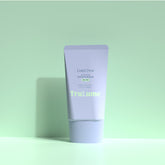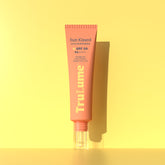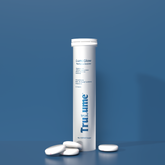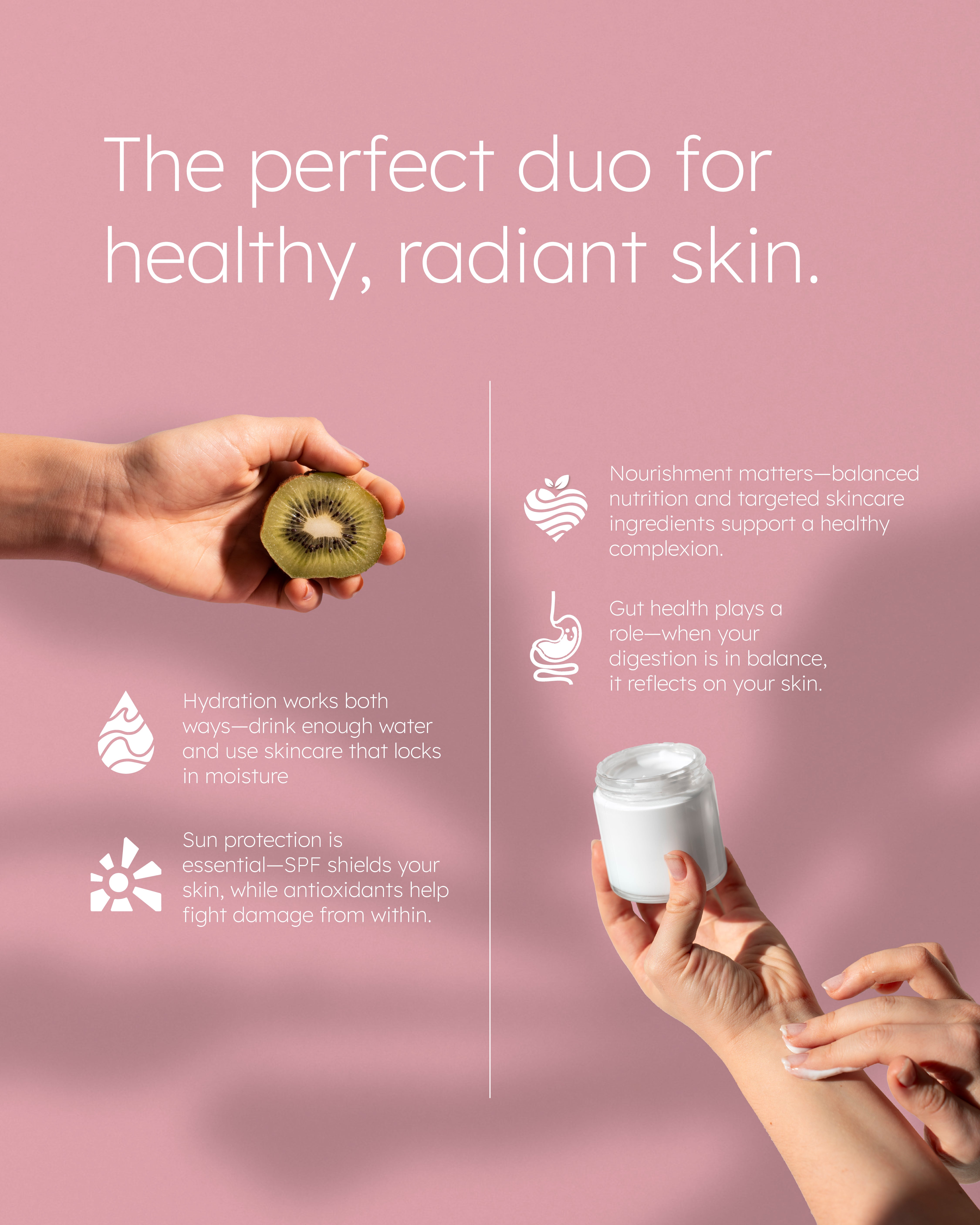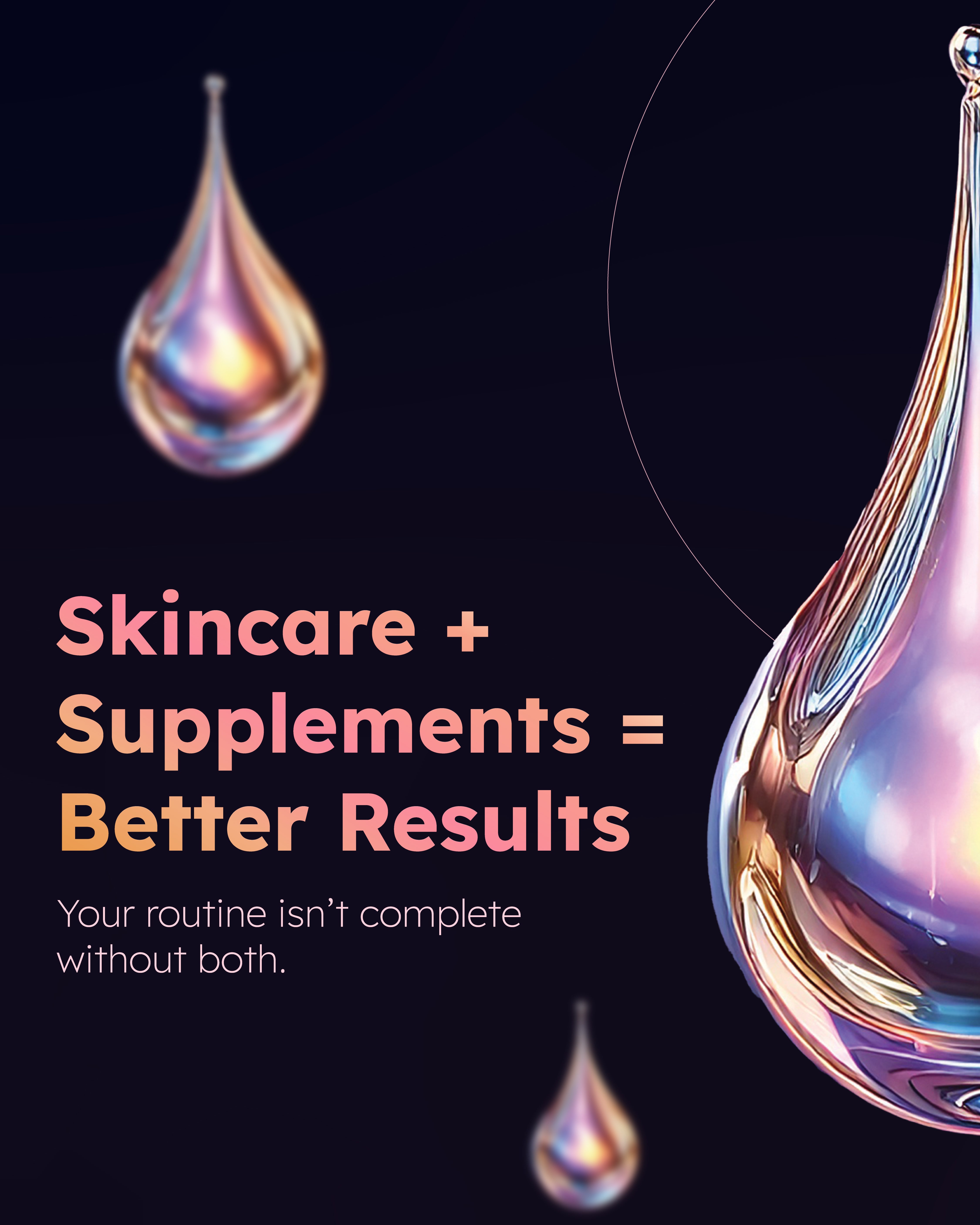How Often Should You Exfoliate? A Skin-Type Guide
Have you ever wondered whether you have smooth, glowing skin hidden behind that dull exterior? Have you ever wondered how to bring about that hidden glow in you? Exfoliation is the answer. Here, we will talk about exfoliation and how frequently it needs to be done. Want to know how? Read on to know more.
What does exfoliation mean?
Exfoliation means the removal of dead skin cells. This can prevent acne breakouts and improve skin glow. Depending on your skin type, the exfoliation needs would vary.
What are the types of exfoliation?
There are two kinds of exfoliation techniques. These include physical and chemical exfoliation.
- Physical exfoliation: Physical exfoliation is manually done using tools such as brushes, scrubs, and sponges. Use a gentler tool for exfoliation, especially if you have sensitive skin.
- Chemical exfoliation: Chemical exfoliation employs enzymes or acids for dead skin cell removal. Some popularly used chemical exfoliation ingredients include Alpha Hydroxy Acids (AHAs) and Beta Hydroxy Acids (BHAs). Alpha Hydroxy Acids work for surface-level exfoliation, whereas Beta Hydroxy Acids work towards deeper exfoliation.
How frequently should you exfoliate?
In general, exfoliation should be done not more than 1-2 times a week. Depending on your skin and exfoliation type, the needs would vary.
|
Skin type |
Type of exfoliation recommended |
Exfoliation frequency |
|
Normal skin |
Either chemical or physical exfoliation (personal preference) |
2-3 times a week |
|
Dry skin |
Chemical exfoliation |
1-2 times a week |
|
Oily skin |
Either chemical or physical exfoliation (personal preference) |
2-3 times a week |
|
Combination skin |
Alternate between chemical and physical exfoliation. (Do not do both at the same time.) |
2-3 times a week |
|
Sensitive skin |
Chemical exfoliation |
1-2 times a week |
Which precautions should we keep in mind for exfoliation?
Depending on your skin type, follow the tips given below for exfoliation.
- For normal skin: Since normal skin is well-balanced, there is nothing much to worry about. If you observe redness or irritation after exfoliation treatment, stop the process and immediately consult a doctor.
- For dry or sensitive skin: Avoid dry or harsh skin products if you have dry or sensitive skin. This is because harsh skin products can irritate your skin and cause skin damage.
- For oily skin: For oily skin, go for products containing salicylic acid. This will aid in unclogging the pores.
- For combination skin: For combination skin, you can go for physical or chemical exfoliation. You can alternate between the two.
What is over-exfoliation?
When you exfoliate too often, it can damage your skin. Scrubbing skin too much, mixing exfolliants, or using harsh exfoliating products can end up leaving your skin red and inflamed. It can even potentially trigger breakouts. It is necessary not to go overboard with exfoliation. In case you face problems with your skin, consult a doctor.
Conclusion:
Remember that your skin is unique. Exfoliation techniques would vary depending on your skin type and needs. What are your thoughts on exfoliation? Let us know in the comments below.
